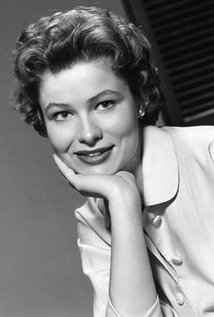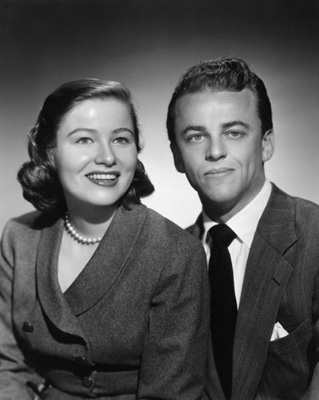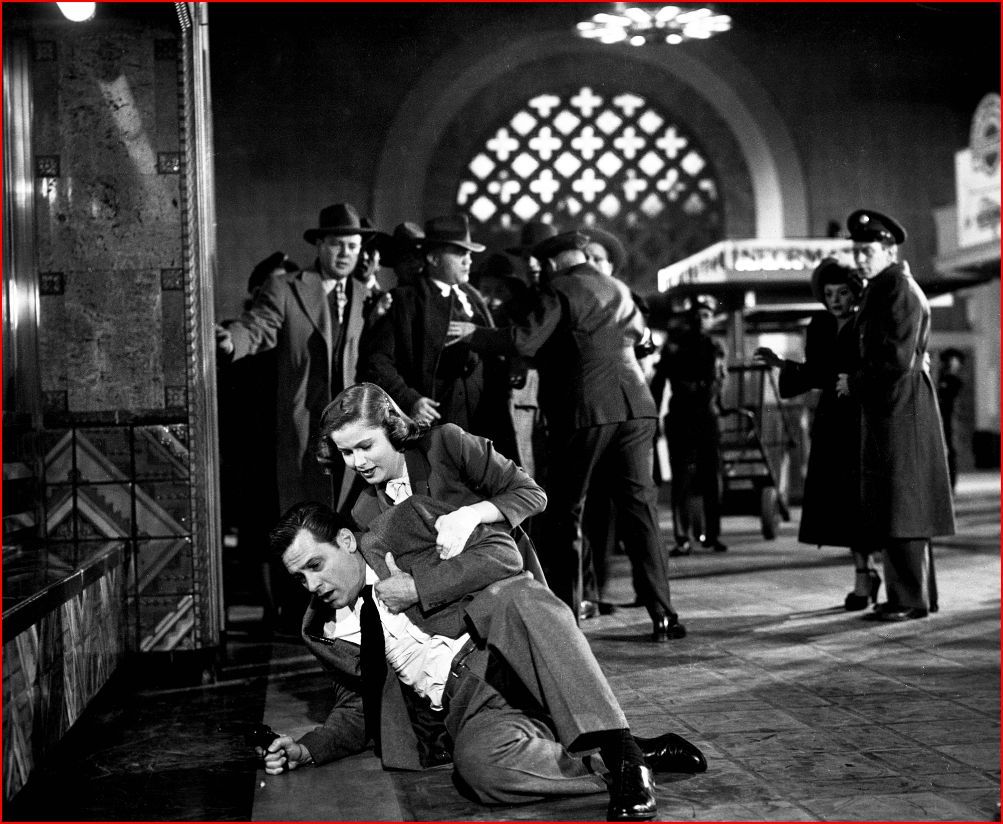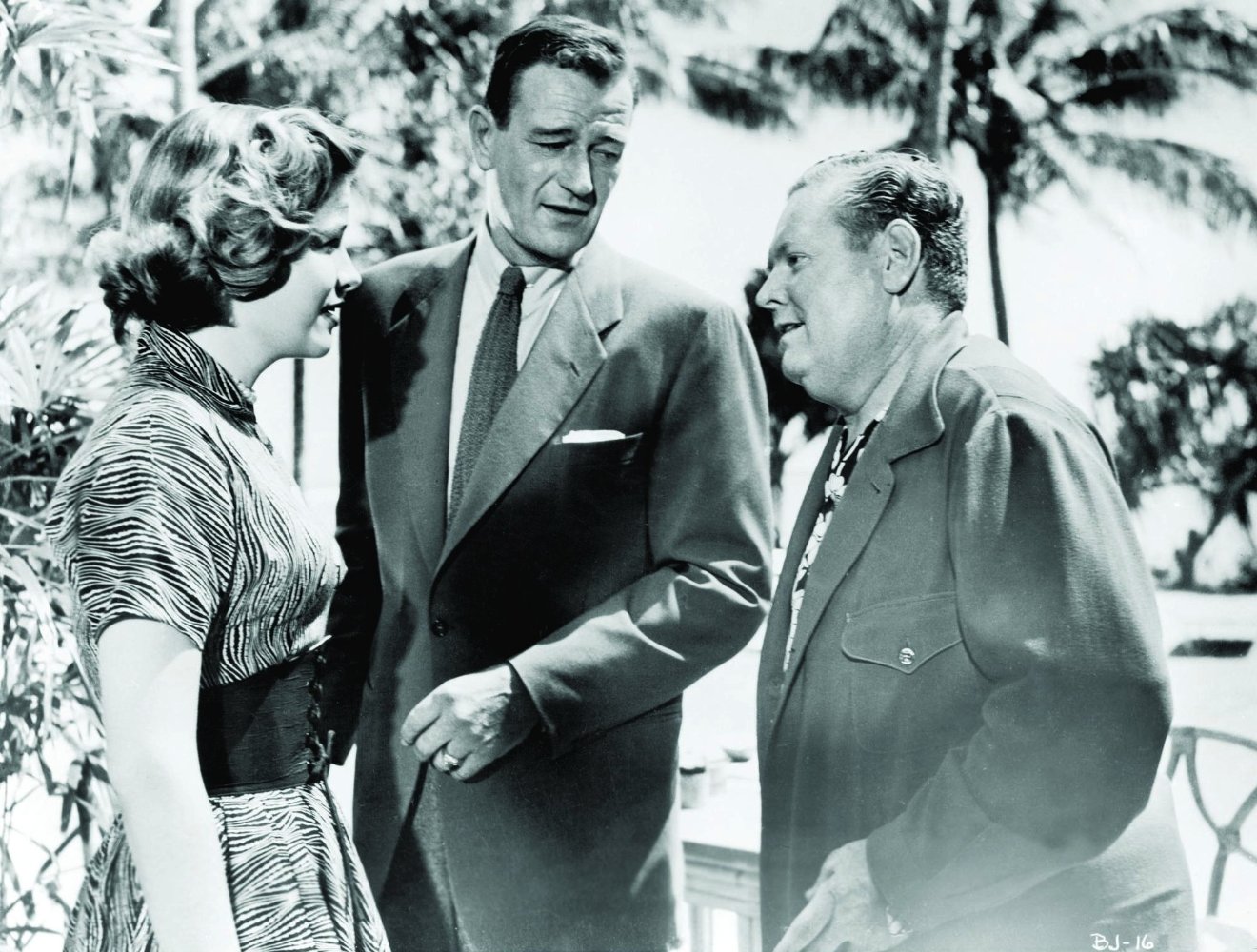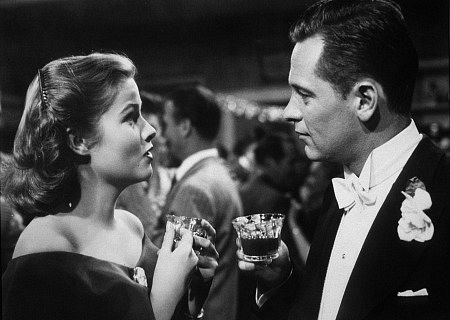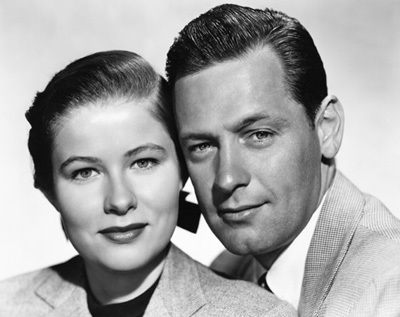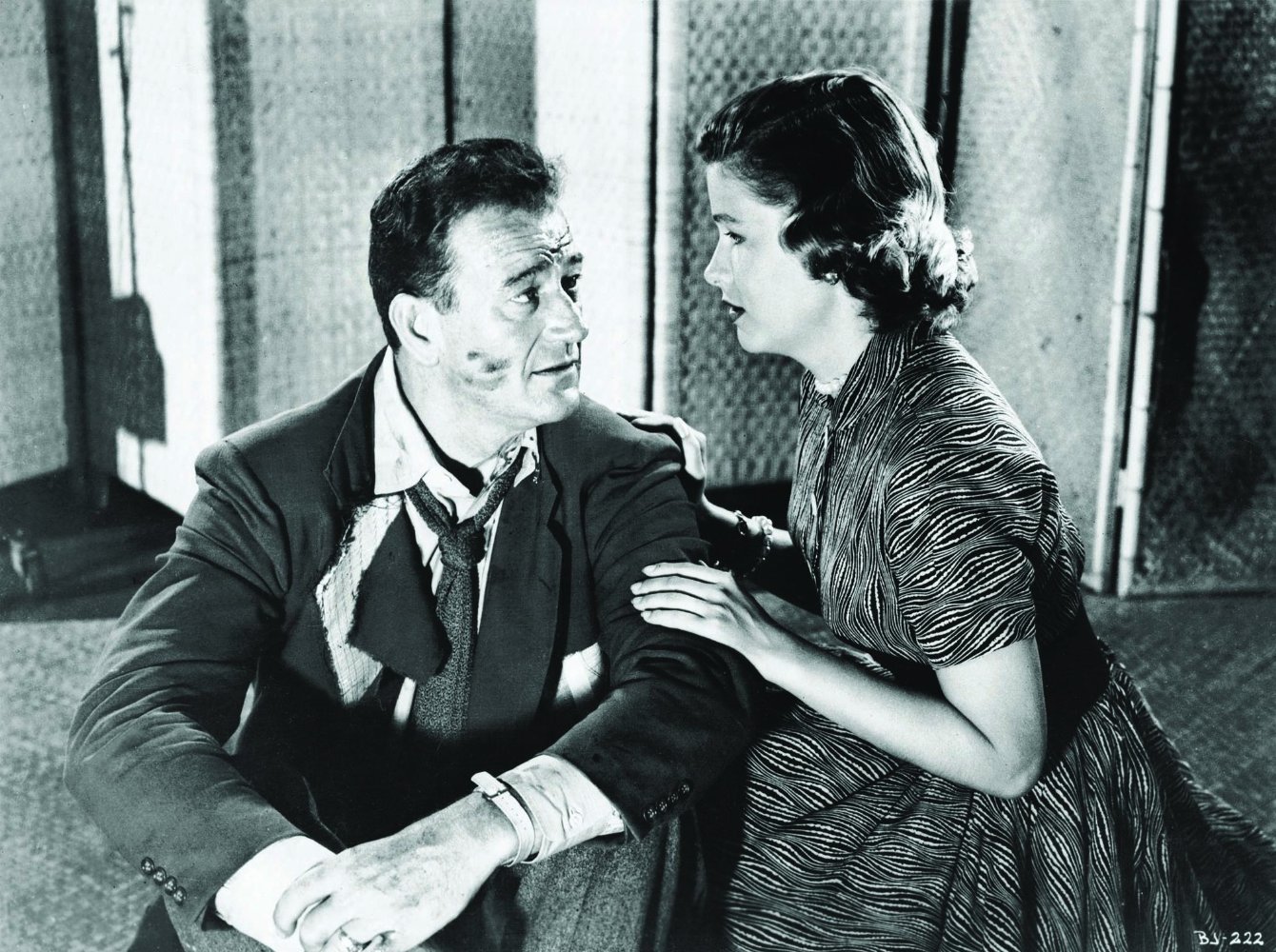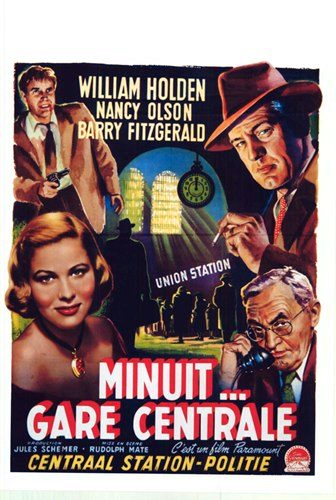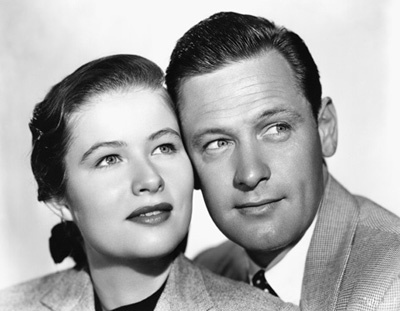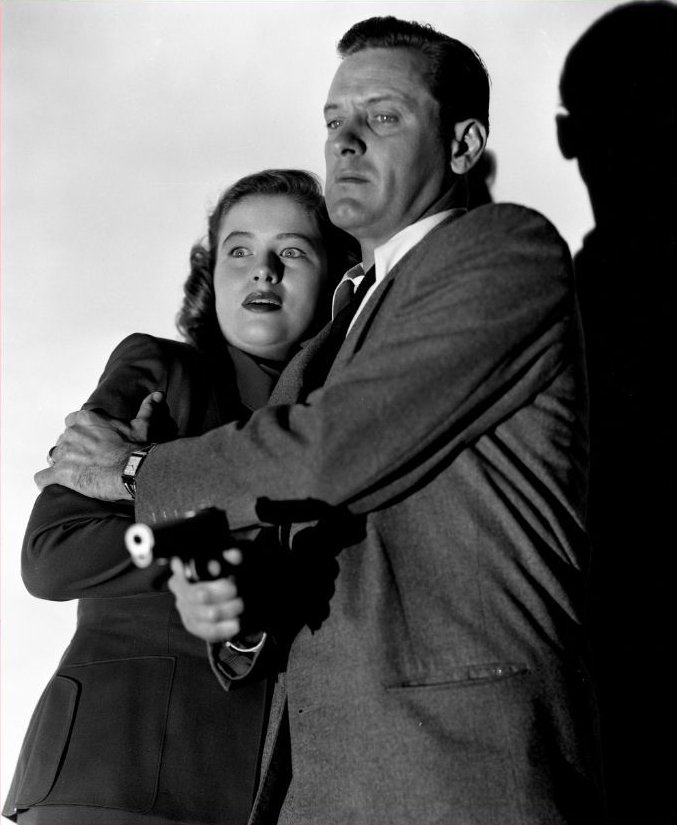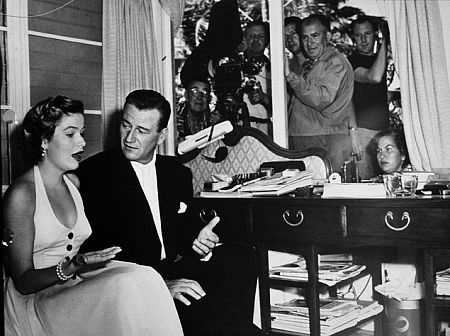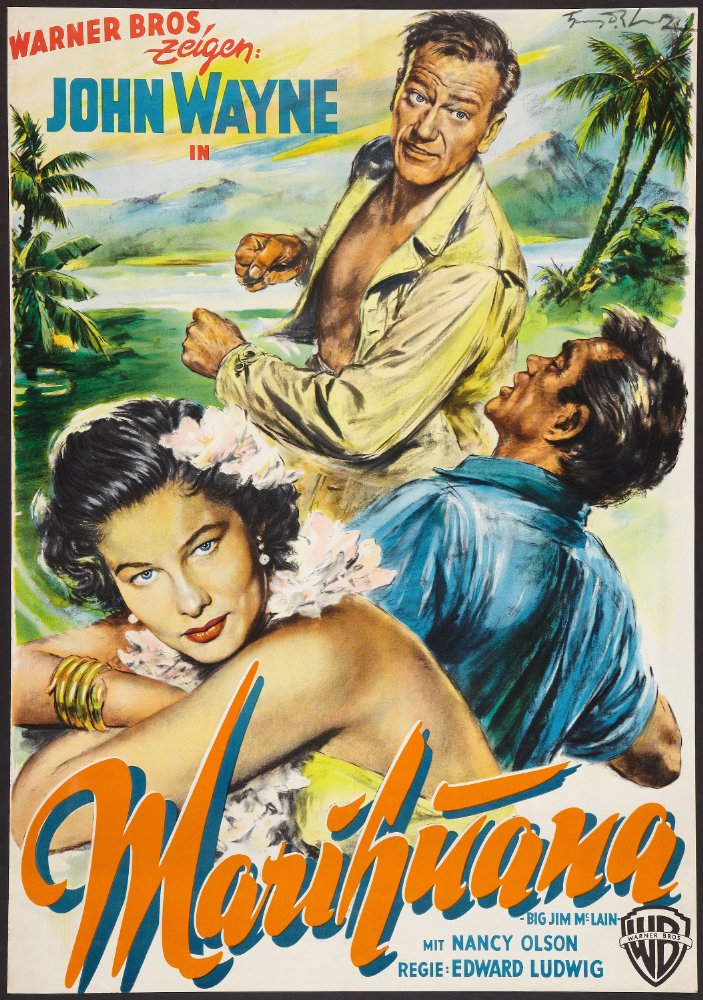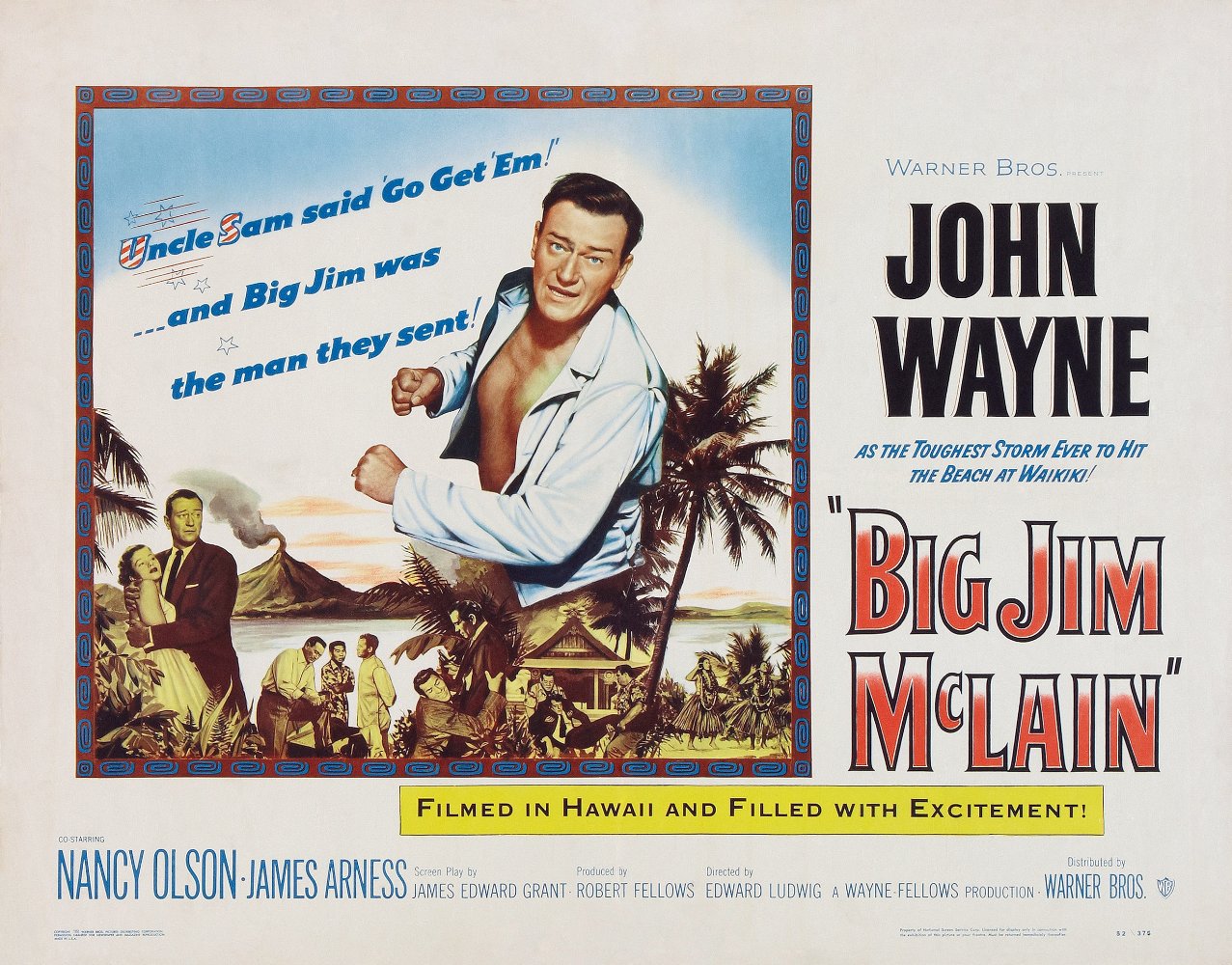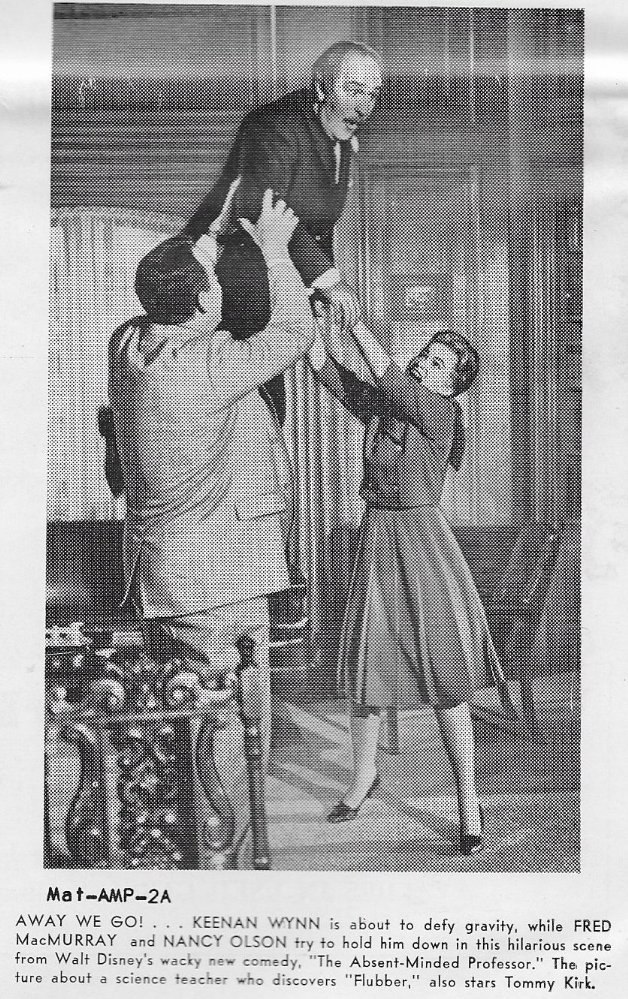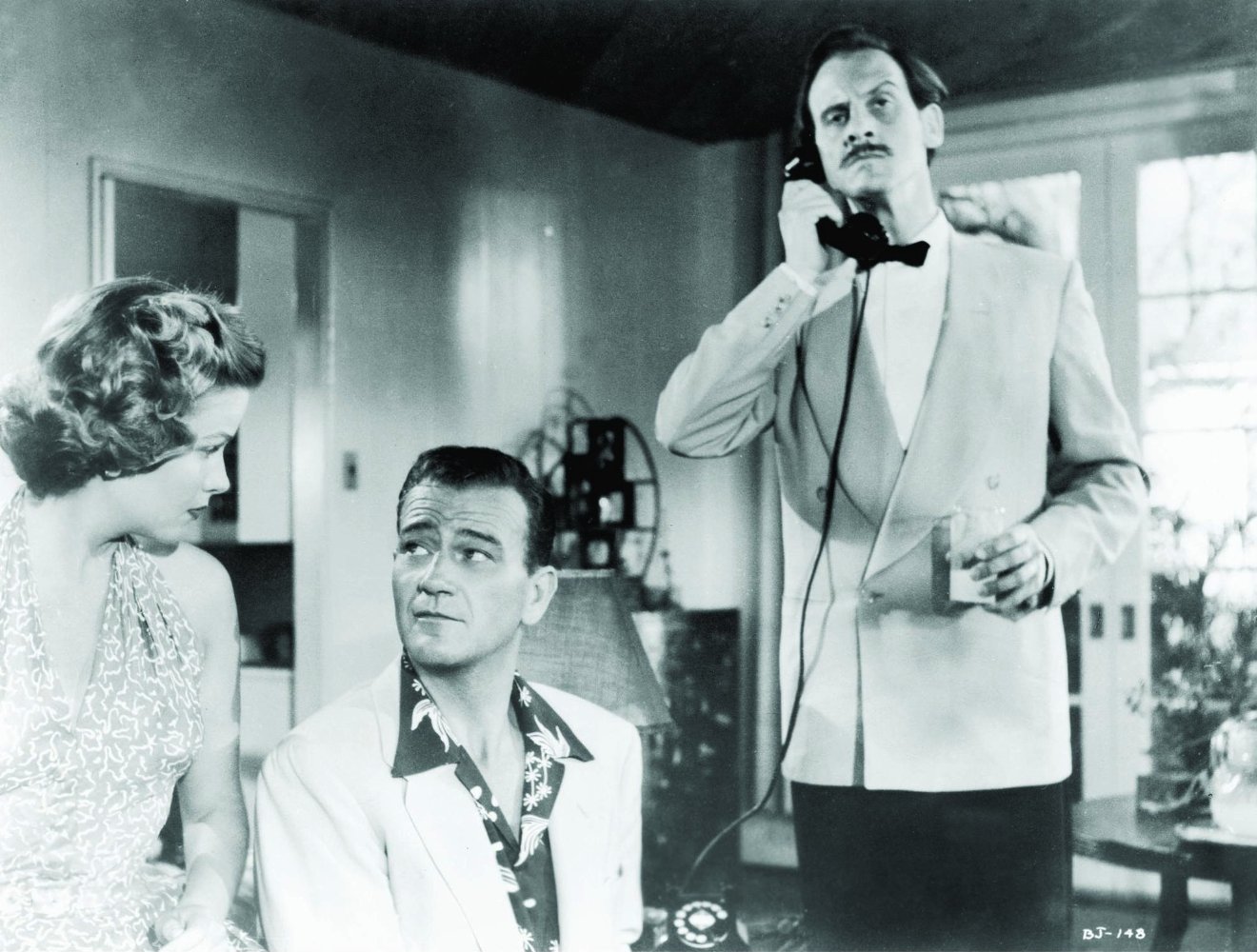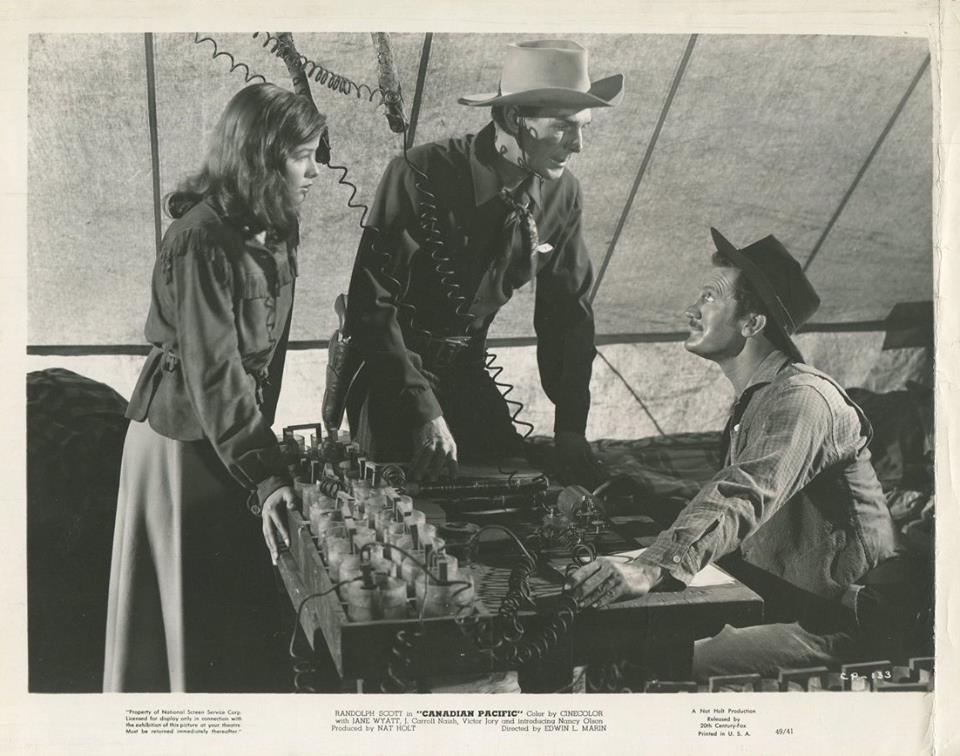She cast such a sunny, positive glow in 1950s and 1960s films that you wonder how her promising career might have turned out had it not taken a sudden family detour. Lovely Milwaukee-born Nancy (Ann) Olson was the daughter of Henry, a physician, and Evelyn Olson, and educated at the University of Wisconsin. Discovered on stage after transferring to...
Show more »
She cast such a sunny, positive glow in 1950s and 1960s films that you wonder how her promising career might have turned out had it not taken a sudden family detour. Lovely Milwaukee-born Nancy (Ann) Olson was the daughter of Henry, a physician, and Evelyn Olson, and educated at the University of Wisconsin. Discovered on stage after transferring to California's UCLA, the pretty, peaches-and-cream blonde was quickly signed by Paramount Studios in 1948 and almost immediately handed co-starring parts after an uncredited bit part in Portrait of Jennie (1948).Earning a prime role in the picture Canadian Pacific (1949), the relatively inexperienced starlet was given the role of a lifetime as script girl Betty Schaefer, who attracts never-do-well writer William Holden and irks reclusive diva Gloria Swanson in the towering classic Sunset Blvd. (1950). A bright and animated presence who held her own in a film rich with best-scene stealers, Nancy won a deserved Oscar nomination for "best supporting actress" as one of the more sane characters in the film. Her pairing with Holden, in fact, went over so well, they were teamed in a succession of standard features: Union Station (1950), Force of Arms (1951), and Submarine Command (1951), none holding a candle to their "Sunset" pairing. Other male co-stars during this active period included John Wayne as Big Jim McLain (1952), Steve Forrest in So Big (1953) (one of her finer post "Sunset" roles), and Will Rogers Jr. in The Boy from Oklahoma (1954).Nancy's increasing status in Hollywood came to a virtual halt in the mid-1950s, after marrying renowned lyricist Alan Jay Lerner (who later wrote "On a Clear Day..." and "Camelot"). She abruptly put her acting on hold in favor of raising their two daughters and her career never fully recovered. While the couple divorced in 1957 and she decided to return full-time to acting, the writing was already on the wall. An actress' prime can be ruefully short; by the late 50s Nancy was perceived as too mature to now play the fresh-faced, girl-next-door type for which she was so identified.Disney Studios came to the rescue, however, in the early 60s and gave her mid-career an added luster by playing Fred MacMurray love interest in both The Absent Minded Professor (1961) and Son of Flubber (1963). Her poise, charm and ever-animated appeal was absolutely in sync with the studio's squeaky-clean image, and adding just the right amount of feisty, feminine starch for the light slapstick happenings around her. Other Disney films she participated in included Pollyanna (1960) and Snowball Express (1972). She also made an uncredited cameo appearance in the Flubber (1997) remake starring Robin Williams.Nancy went on to find sunny work on Broadway, notably in the plays "The Tunnel of Love," "Send Me No Flowers" and "Mary, Mary." In the 70s and 80s, she came back with a couple of secondary parts on regular series TV, but the shows were both short-lived. She retired for all intents and purposes in the mid-80s. Her second marriage in 1962 to record executive Alan Livingston, who also created the TV character of Bozo the Clown, was long lasting (he died in 2009) and their son, Christopher Livingston, is a film director, occasionally.
Show less «

